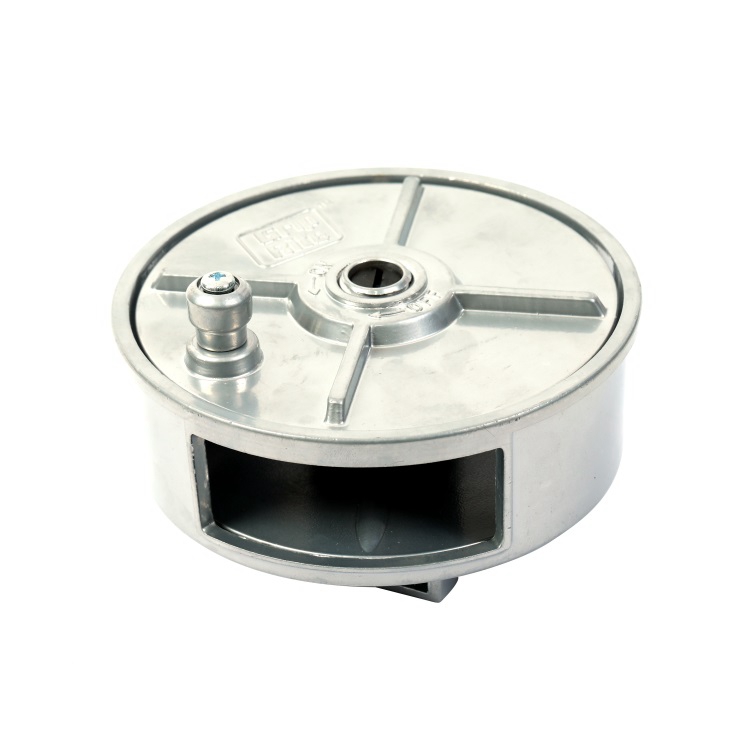Exploring Various Types of Anchor Bolts for OEM Applications and Their Unique Benefits
Understanding OEM Different Types of Anchor Bolts
Anchor bolts are essential components in construction and engineering, used to attach structures to concrete. They come in various shapes, sizes, and types, each serving distinct purposes. Original Equipment Manufacturers (OEM) often produce a variety of anchor bolts tailored to meet specific needs in different applications. This article will explore the various types of anchor bolts offered by OEMs, their uses, and the factors to consider when selecting the right one for your project.
Types of Anchor Bolts
1. Straight Anchor Bolts Straight anchor bolts are designed to be embedded in concrete with a washer and nut on the surface. These bolts are often used to secure a wide range of construction applications, including machinery, equipment, and structural columns. Their straightforward design makes installation easy, but they require precise placement during the curing of concrete.
2. L-Shaped Anchor Bolts L-shaped anchor bolts, also known as bent anchor bolts, feature a 90-degree bend. This design enhances their holding capacity, making them ideal for applications where additional tension resistance is required. L-shaped anchor bolts are commonly used in the foundations of buildings and for securing machinery that experiences lateral forces.
3. J-Bolts J-bolts are used for anchoring items in walls and floors where additional strength is needed. Their J shape allows for a secure grip in concrete, providing excellent resistance against pull-out forces. OEMs often produce J-bolts in various lengths and diameters, ensuring that they meet the specifications of different construction projects.
4. Sleeve Anchors Sleeve anchors are versatile fasteners that can be used in both solid concrete and masonry. These bolts have a threaded stud and a sleeve that expands against the walls of the hole when tightened. This feature makes sleeve anchors suitable for mounting fixtures such as shelves, railings, and signs. OEMs provide various sizes and styles of sleeve anchors for different applications.
oem different types of anchor bolts

5. Wedge Anchors Wedge anchors are heavy-duty concrete fasteners that provide excellent holding power. They consist of a threaded rod with a cone-shaped end that expands when the nut is tightened. This design allows them to be used in high-stress applications, such as anchoring machinery and structural supports. OEMs typically offer wedge anchors in multiple sizes and materials to suit various environments.
6. Chemical Anchors Chemical anchors utilize a resin or adhesive that bonds the bolt to the surrounding concrete. This type of anchor is particularly useful in situations where traditional mechanical anchors may not achieve the desired holding strength or when the base material is less than ideal. OEMs often provide a variety of chemical formulations to cater to specific environmental conditions, enhancing performance in adverse situations.
Selecting the Right Anchor Bolt
When selecting an anchor bolt, several factors must be taken into account. First, consider the type of load the anchor will bear, whether it is tensile, shear, or a combination. Next, examine the base material, as different types of concrete or masonry may require different anchor specifications. Additionally, environmental factors such as corrosion resistance and exposure to chemicals can influence material choice.
OEMs also play a crucial role in ensuring the quality and reliability of anchor bolts. It is essential to choose bolts manufactured to industry standards and specifications to ensure safety and effectiveness in the intended application.
Conclusion
Anchor bolts are vital for securing structures and equipment in construction. OEMs offer a diverse selection of anchor bolts tailored to various applications, including straight, L-shaped, J-bolts, sleeve anchors, wedge anchors, and chemical anchors. By understanding the different types of anchor bolts and considering the specific requirements of your project, you can ensure a secure and reliable foundation for your construction needs.
-
The Ultimate Guide to Premium Quality Field Fence Solutions
NewsAug.12,2025
-
The Essential Guide to Premium Square Wire Mesh Solutions
NewsAug.12,2025
-
The Essential Guide to Hexagonal Wire Netting Farm Fencing
NewsAug.12,2025
-
Premium Continuous Deck Rail Slab Bolster Solutions
NewsAug.12,2025
-
High-Performance Aluminum Tie Wire Reel for Construction Applications
NewsAug.12,2025
-
Crafted Premium Galvanized Hexagonal Gabion Wire Mesh Solutions
NewsAug.12,2025














